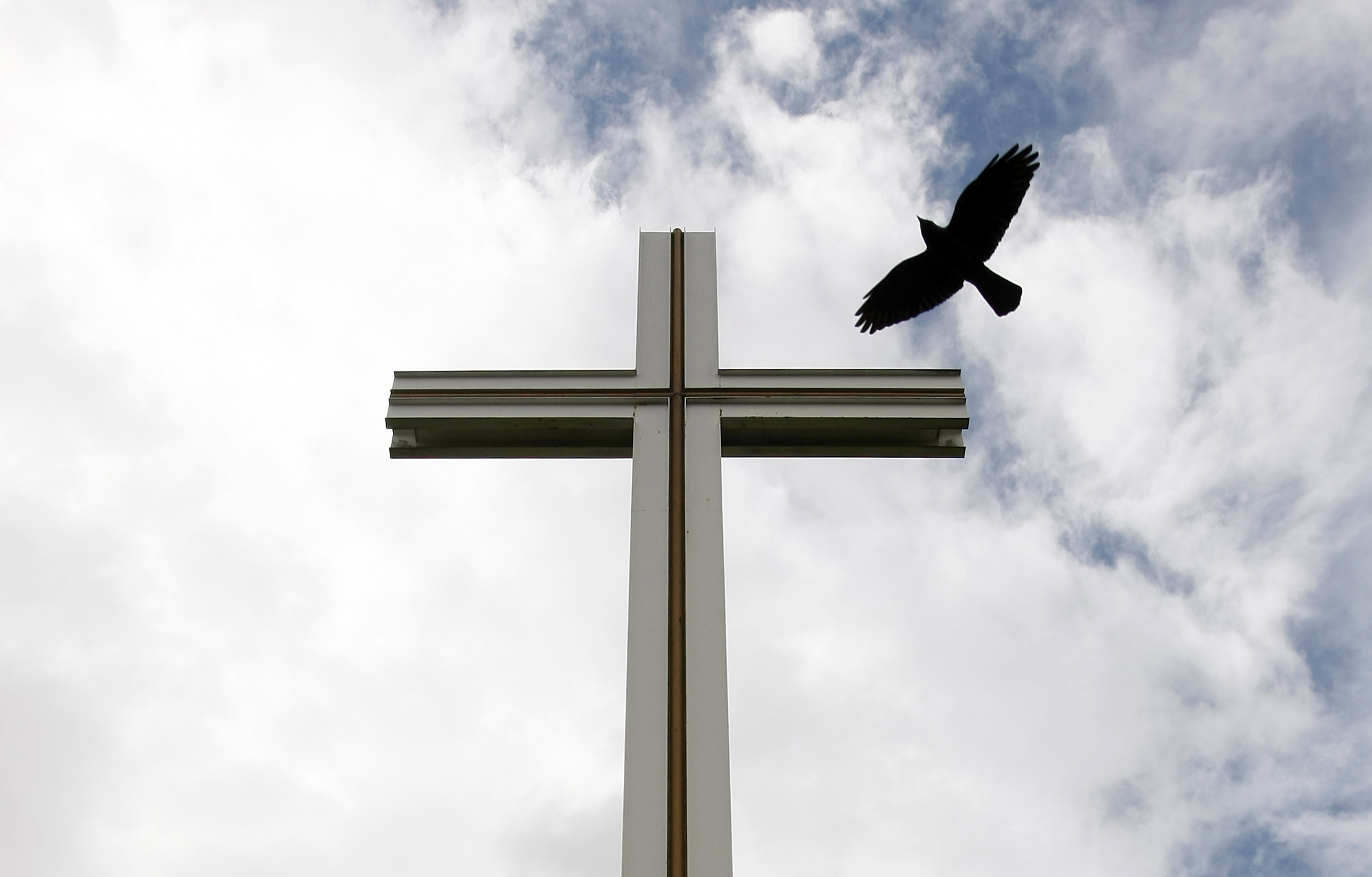Ireland shows that Christians have only themselves to blame for the decline of Christianity
How did one of the most Catholic countries in the world legalize same-sex marriage?


A free daily email with the biggest news stories of the day – and the best features from TheWeek.com
You are now subscribed
Your newsletter sign-up was successful
Last week, Ireland voted to legalize same-sex marriage by a large margin. For a country with a history of staunch cultural Catholicism, one that just a few years ago approved divorce by only a few thousand votes, this is a shocker.
Everybody knows what happened.
While the "black legend" of the Catholic Church in Ireland has been in many ways overamplified by the media — remember that story about nuns burying babies in a septic tank that turned out to be a hoax? — too much of that legend is real. By its own actions, for good or for ill, the Catholic Church made a bonfire of its credibility as a moral teacher.
The Week
Escape your echo chamber. Get the facts behind the news, plus analysis from multiple perspectives.

Sign up for The Week's Free Newsletters
From our morning news briefing to a weekly Good News Newsletter, get the best of The Week delivered directly to your inbox.
From our morning news briefing to a weekly Good News Newsletter, get the best of The Week delivered directly to your inbox.
And in this, the story of Ireland's referendum is a microcosm of the story of the West.
While the High Middle Ages are an underappreciated era, they did nevertheless include burning heretics at the stake and the Spanish Inquisition — phenomena that, for all that they are sometimes overhyped in popular culture, were nevertheless real. In the wars of religion, Christians, Protestants and Catholic alike, used the power of the state and the edge of the sword to impose their own sectarian views.
More than anything else, it was this stark contradiction between the behavior of Christians and the message of Jesus and the Gospel that made Christianity incredible to a whole host of thinkers and intellectuals, retrospectively labeled as "Modern," who gave us the ongoing drive towards secularism and unfettered human autonomy.
Zooming in a little bit more, what happened with the debate over same-sex marriage?
A free daily email with the biggest news stories of the day – and the best features from TheWeek.com
The short answer is that once contraception and no-fault divorce became widespread, the institution of marriage became emptied of its traditional meaning. It was once an institution that didn't just have to do with the will of those getting married, but one also ordered to higher goals, including in particular the begetting of children. Once the new, contractual vision of marriage became the de facto and de jure reality, there was no reason to bar same-sex couples (and there will be no reason to bar throuples and polyamorous unions) from the thing called "marriage." The only thing left to do was for most people to get over their prejudice against gay people.
Within this reality, what did Christians do to protect marriage? Before the Sexual Revolution, did they seek to model true Christian marriage, built on love and sacrifice, as Paul writes? Or were they content with the petit-bourgeois institution and its petty cruelties? After the Sexual Revolution, did they preach against heterosexual contraceptivism, adultery, and divorce, or did they find gay people to be convenient scapegoats, allowing them to define "Christian marriage" as "between a man and a woman" (and not much else)? When Christians speak about loving sexually active gay people even as they disapprove of their actions, how credible are they, really?
I ask all of these questions because one very often gets the sense, speaking with conservative Christians, that the tide of secularism is the work of shadowy, nefarious outside sources — the media, the culture, Hollywood, elites, you name it — and that because they were superior tacticians (and more ruthless), they were able to win the culture wars. Sure, recent political strategy played a role — but the real causes go much deeper.
In Christianity, baptism, as the rite of initiation into God's people, is a death-and-new-life rite. Water symbolizes both death and life. Baptism is supposed to drown the old self and bring a new self to life. Because Christians are supposed to recognize themselves as sinners saved by grace, they cannot talk cogently about anything without starting with introspection and recognizing their own shortcomings.
The simple fact of the matter is that people now known as "conservative Christians" used to run the world. And we did a lot of good things, but we also did a lot of very bad things. And that, ultimately, is why we're losing.
As the Catholic theologian Karl Rahner wrote, "The number one cause of atheism is Christians. Those who proclaim Him with their mouths and deny Him with their actions is what an unbelieving world finds unbelievable."
Thankfully, our faith is built on the surprise of Easter morning. Victory may still be at hand — but one thing is for sure, it won't happen without serious introspection first.
Pascal-Emmanuel Gobry is a writer and fellow at the Ethics and Public Policy Center. His writing has appeared at Forbes, The Atlantic, First Things, Commentary Magazine, The Daily Beast, The Federalist, Quartz, and other places. He lives in Paris with his beloved wife and daughter.
-
 How the FCC’s ‘equal time’ rule works
How the FCC’s ‘equal time’ rule worksIn the Spotlight The law is at the heart of the Colbert-CBS conflict
-
 What is the endgame in the DHS shutdown?
What is the endgame in the DHS shutdown?Today’s Big Question Democrats want to rein in ICE’s immigration crackdown
-
 ‘Poor time management isn’t just an inconvenience’
‘Poor time management isn’t just an inconvenience’Instant Opinion Opinion, comment and editorials of the day
